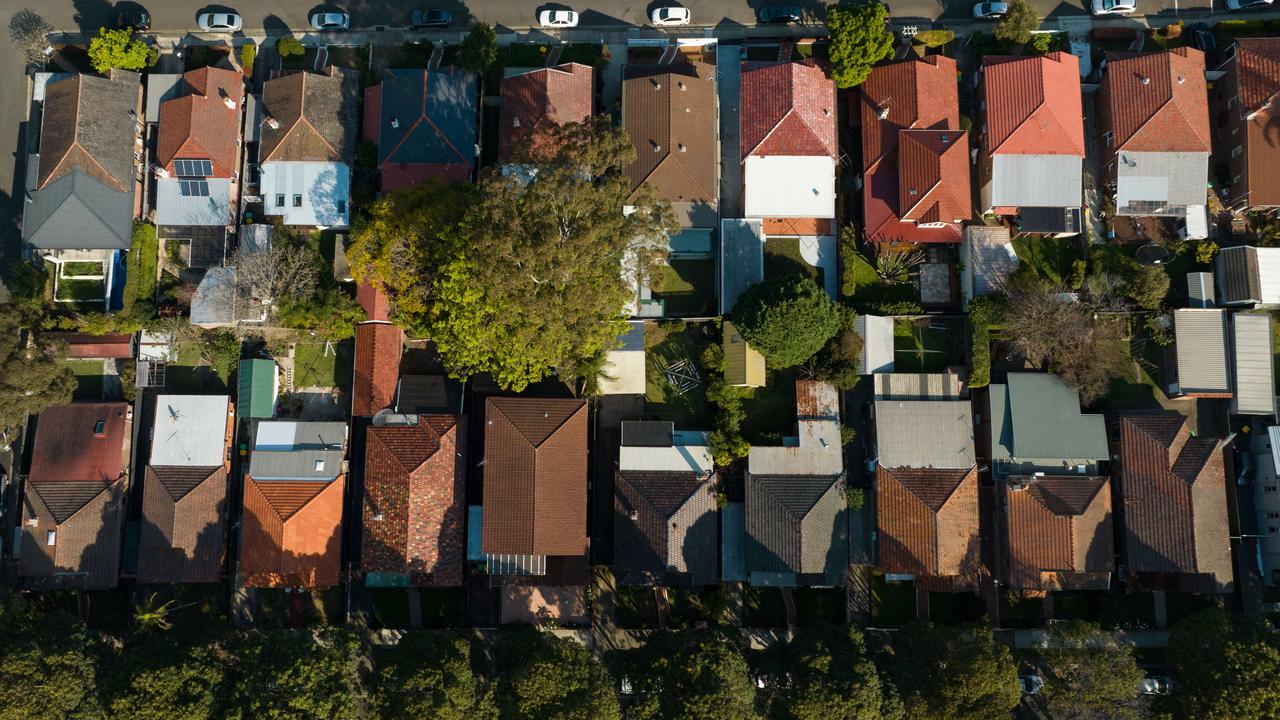Regulations to rectify the power balance between landlords and tenants must be a priority amid Australia’s rental crisis, a new report has found.
A senate committee examining the rental crunch handed down its interim report on Thursday afternoon.
The recommendations for the federal government to take a co-ordinating role to implement stronger rental rights and invest more into public, social and genuinely affordable housing are closely aligned with Labor’s housing road map.
But the report does stress reforming rental regulations is a priority and the “urgent need” to address the power imbalance between renters and landlords.
Almost one-third (31 per cent) of Australians rent their home, according to the Australian Bureau of Statistics.
Australia is among the top 10 countries in the OECD with the highest proportion of the population renting in the private sector.
The committee’s recommendations fall well short of a push from the Greens to adopt rental caps, or a rent freeze, to dull the sting of the cost of living crisis.
A rent freeze occurs when landlords are prohibited by law from increasing rents for tenants. Conversely, a rent cap restricts how often, and by what amount, rents can be increased.
In evidence to the committee, the Productivity Commission said while such reform could increase renter autonomy, it might also increase costs and risks for landlords.
Committee chair senator Janet Rice urged the government to put aside its objection to caps and freezes in her additional comments to the report.
“Urgent action is needed to alleviate the burdens placed on renters by ongoing rent hikes that are largely a product of a lack of investment by governments in public and community housing over the decades,” she said.
“The Commonwealth government must listen to the powerful evidence provided by renters at this inquiry and immediately work with states and territories to freeze and cap rental increases.”
In August, national cabinet agreed to a nationally consistent approach to renting, including a limit of one rent increase a year and minimal standards for rental properties.
Overall, the committee said it was “encouraged” by the agreement between the states and federal government that it said would “address most of the concerns” outlined in the report about renters’ rights.
But Coalition senators Maria Kovacic, Kerrynne Liddle and Wendy Askew questioned the government’s commitment to sorting out the crisis.
“Sixteen months into the tenure of the Albanese Labor government, the absence of notable improvements is both disheartening and anticipated,” they said in their additional comments.
The senators also called on the government to “ acknowledge that their migration policy is adding further pressure to a housing system that is stretched to its limits”.
The interim report follows the passage of the government’s signature $10bn Housing Australia Future Fund (HAFF) through the parliament last week.
The HAFF is designed to build 30,000 social and affordable houses, with a minimum of $500m spent annually.
Deadlocked for months in the Senate, the government secured the win after striking a deal with the Greens to pass the Bill in return for a $1bn investment in social housing.
Labor senators Marielle Smith and Louise Pratt pointed the finger at “the decade of delay” under the Coalition.
“The Albanese government is committed to supporting Australians doing it tough and will continue to deliver our important reforms designed to make a meaningful impact on the availability of affordable housing in Australia,” they said.
“These are evidence-based reforms backed by some of the most significant investments in housing in a generation.”

